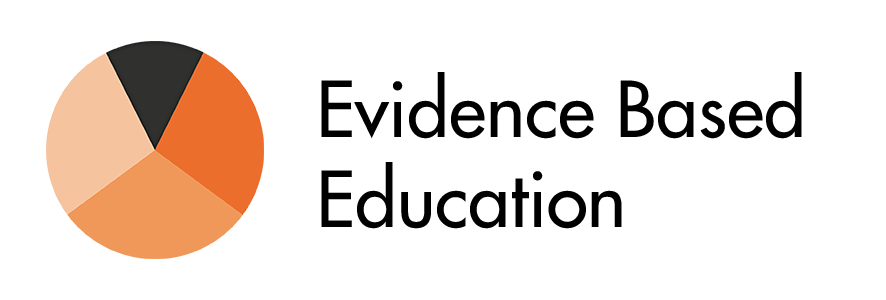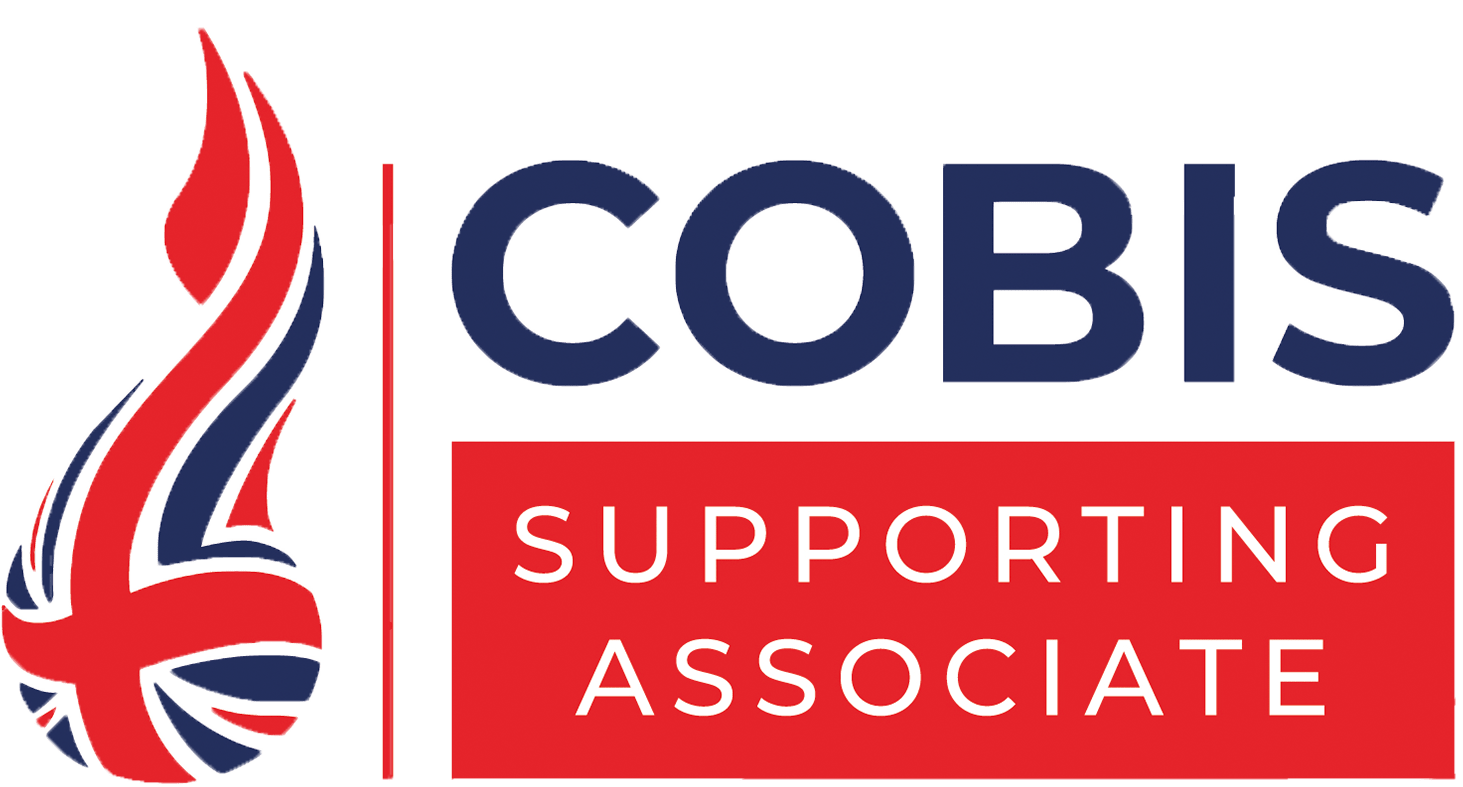In this blog, we explore novice and expert learners and how an individual’s place on the novice/expert continuum has a strong effect on decisions regarding their learning.
Perhaps my most frequent response to a question is, “Well, it depends…”. Whether it’s about assessment, effective feedback, science of learning principles, implementing the Great Teaching Toolkit, or what to have for dinner, it’s usually a truthful response. The reality is that the world of education—and indeed the world itself—is complex and myriad forces (should) often prevent us from making a simple yes/no decision.
However, I often find myself following my “it depends” with a deceptively straightforward qualifier: are we working with experts or novices?
(This qualifier perhaps applies less to the dinner question… but perhaps maybe more than we think…)
We handle incoming information differently whether we are a novice or an expert. Experts have more knowledge, better organisation of that knowledge, and more experience using it. They probably have a level of automaticity in procedures with that knowledge. Of course, novices lack this level of organised knowledge.
There are two crucial points to keep in mind when talking about novice learning and expert learning (whether in an educational setting or not):
- The labels “expert” and “novice” are not a binary, one-or-the-other situation, but a continuum. As we collect and organise more knowledge about a subject, we become more expert; there’s no particular point where we suddenly switch. We’re highly unlikely to encounter an absolute novice—learners usually have some knowledge that is somehow relevant. (A student walking into a food tech or cooking class for the first time has probably at least seen a cake before, for example.)
- An individual’s level of expertise differs by domain, content, and topic. Someone can be an expert in chess but a complete novice with regard to baking; even an experienced cook may struggle with baking. A student in a secondary history class may be proficient in Ancient Mesopotamia, but be a complete novice about Mesoamerican civilizations. (And they may fall somewhere between novice and expert when it comes to understanding historical methods, primary source analysis, themes of continuity and change, etc.)
From a science of learning perspective, we may talk about learning taking place by connecting new information to existing knowledge. The nature of that existing knowledge should inform how that new information should be presented.
This new information covers more than just content material. Ultimately students’ existing knowledge (or lack thereof) is the determinant for so much of what teachers decide. For example:
- Explaining new material: Novices, because of their less organised knowledge and experience, can benefit more from teachers presenting smaller pieces of information and making explicit connections. Experts can “chunk” information into larger meaningful groups and rely more on their extensive prior knowledge; they are also more readily able to transfer knowledge to novel contexts.
- The form of feedback we give: Novices tend to benefit more from explicit information featuring what they’ve done right or wrong; experts may benefit more from prompts or feedback about the process.
- Classroom management: Novices may need more practice with classroom routines; experts can perform them readily without thinking about it.
- Difficulty of tasks: Novices can benefit from worked examples and scaffolding, which can slowly be removed as expertise develops.
- Form and nature of tasks: Experts can tackle more complex problems that may require transferring knowledge or tasks without a clear right or wrong answer.
These also apply beyond student learning—they’re also relevant to professional learning (e.g., teachers themselves, as well as other professions), hobbyists (e.g., the cook and the chess expert learning to bake), and learning things in our day-to-day lives (e.g., giving someone driving directions, depending on whether they know the area or not).
Of course, underpinning a conversation of a learner’s position on the novice/expert continuum is an understanding of what they actually know. For teachers, this generally takes the form of regular assessment, in any of its various forms. (We’ve written extensively about the importance of assessment previously, see our Four Pillars of Assessment as an example!)
Teachers are faced with countless pedagogical decisions on a daily basis. Yes, for a lot, “it depends.” But by beginning to approach these decisions by considering the level of expertise of our students, we can respond with greater confidence.
This understanding of the novice/expert continuum is closely connected to models of learning explored in the Science of Learning Programme, embedded within the Great Teaching Toolkit. You can sample lessons from the Science of Learning with a Great Teaching Toolkit: Starter Account.






[…] more on the idea of how novice and expert learners differ, please check out this article and this article. A great book on these topics and more that is research based and easily […]